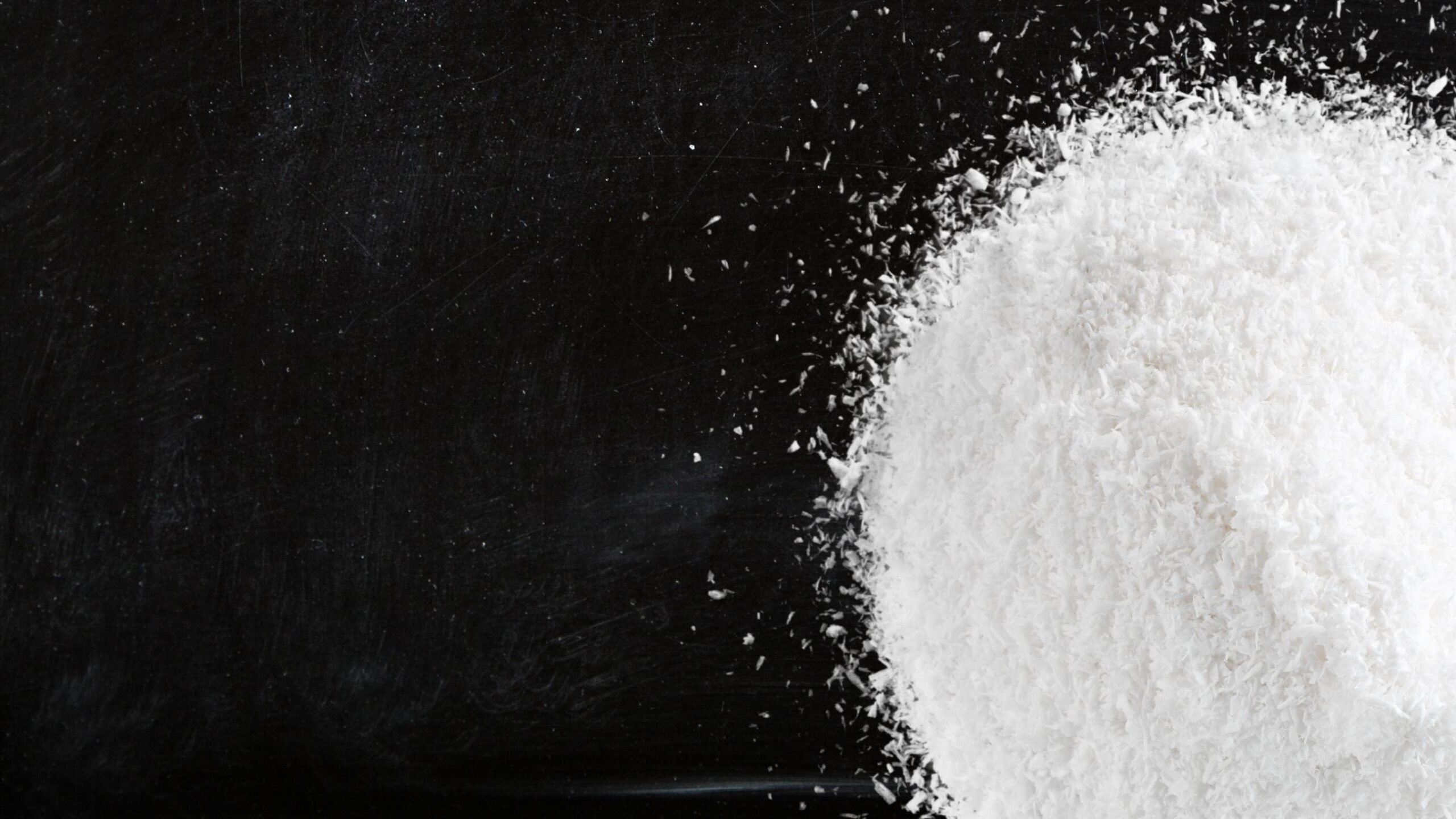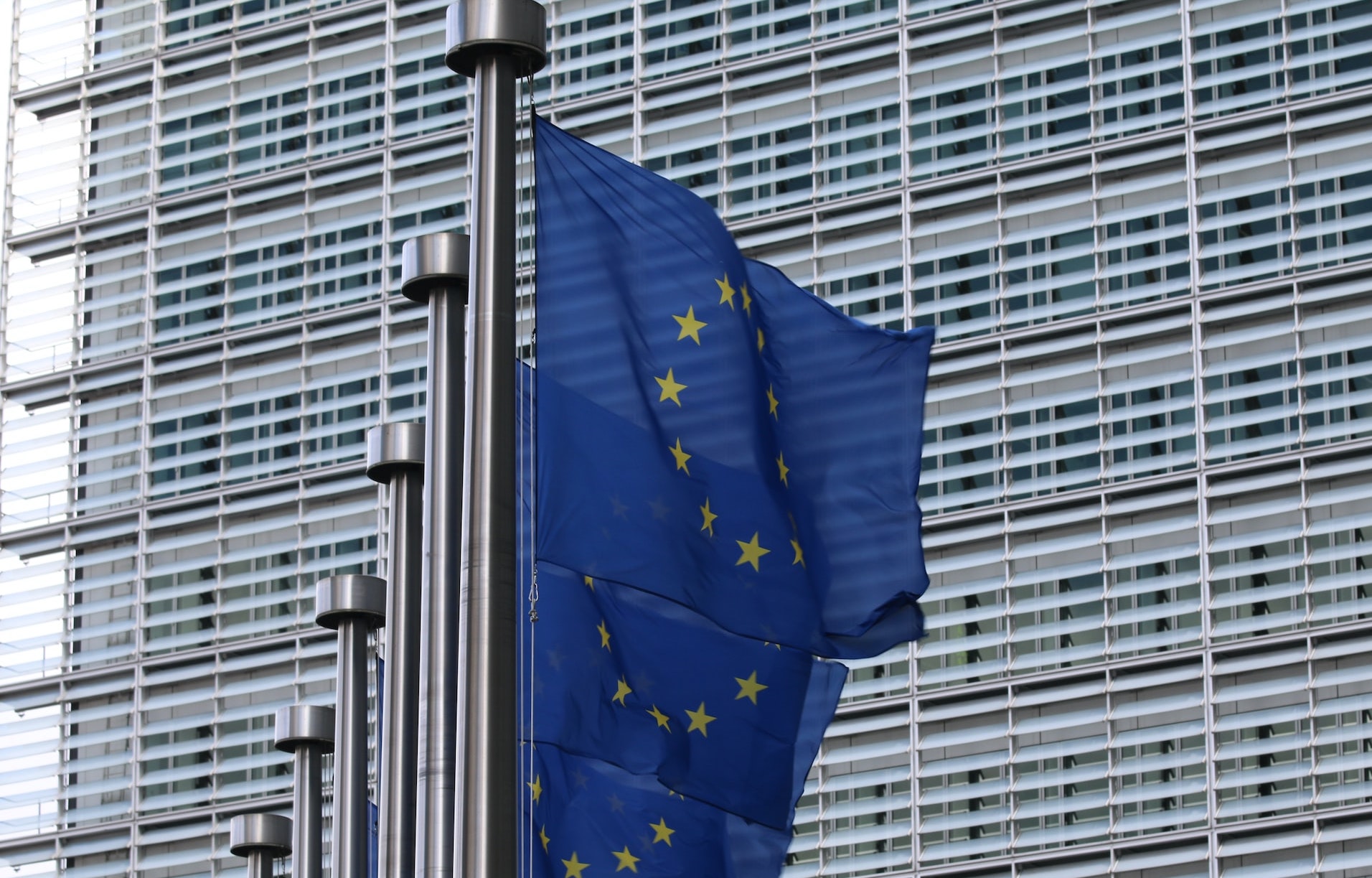Background
Deforestation and forest degradation are important drivers of climate change and biodiversity loss — the two key environmental challenges of our time.
The EU Deforestation-Free Supply Chain Regulation (EUDR) is part of the EU Green Deal and a broader EU strategy to protect the world’s forests.
This Regulation defines a product as “deforestation-free” when the product itself, its ingredients or its derivatives were not produced on land subject to deforestation or forest degradation after the cut-off date of 31 December 2020. It aims to prevent the import and sale of products associated with deforestation and forest degradation, as well as products linked to human rights violations in the context of deforestation.
What’s new?
On 29 June 2023, the Regulation on deforestation-free products entered into force, affecting seven specific commodities (cocoa, coffee, soy, palm oil, wood, rubber, and cattle) and their derivatives, as well as products made using these commodities (e.g. leather, cosmetics, chocolate etc.). Over the course of the next two years a review will be carried out, potentially adding additional products to this list.
By promoting the consumption of ‘deforestation-free’ products and reducing the EU’s impact on global deforestation and forest degradation, the new Regulation on deforestation-free products is expected to bring down greenhouse gas emissions and biodiversity loss.
What now?
From 29 June 2023, operators and traders will have 18 months to implement the new rules. Micro and small enterprises will enjoy a longer adaptation period, as well as other specific provisions.
When the new rules enter into force, all relevant companies, including cosmetic companies that place on the EU market or export from it palm oil, cattle, soy, coffee, cocoa, timber, and rubber as well as derived products, have to put together a due diligence statement proving that their supply chains are deforestation-free.
Companies will also be required to collect precise geographical information on the farmland where the commodities that they source have been grown so that these commodities can be checked for compliance.
References:






